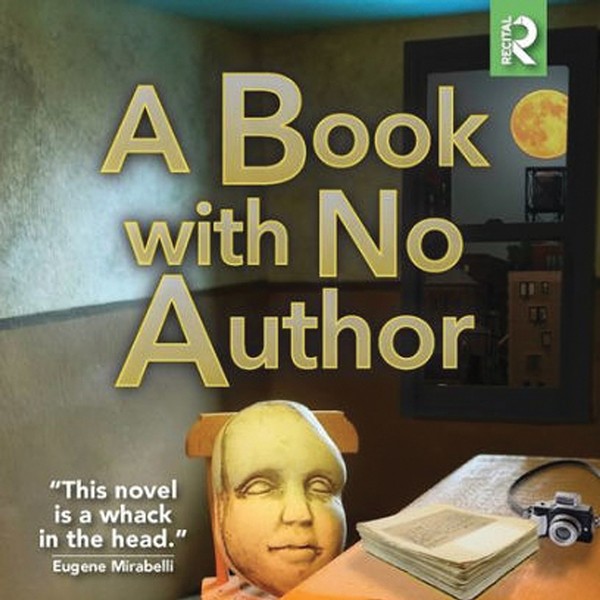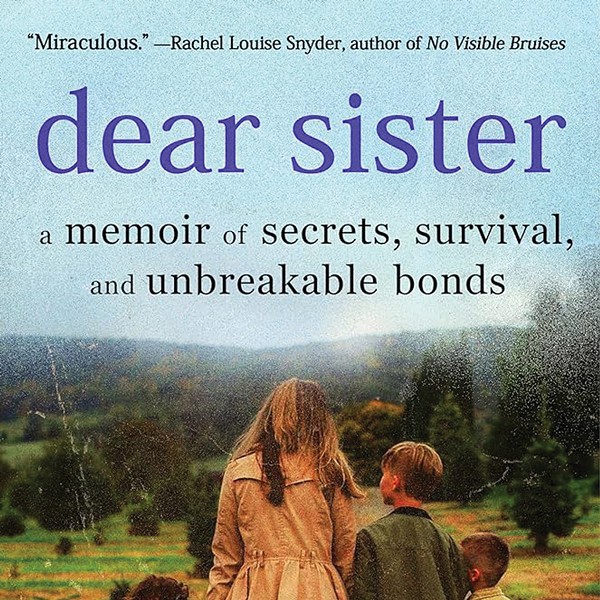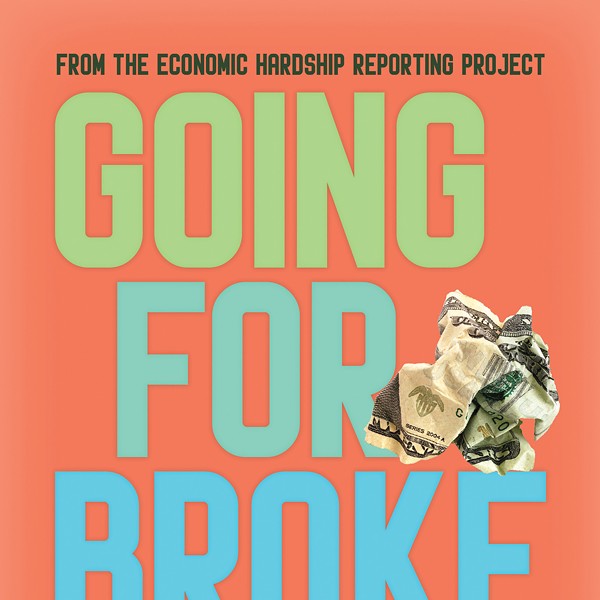Maguire’s latest book, What the Dickens, is a hard-to-categorize novel that serves up a muffuletta of missing parents, wrecked homes, and kid-stress calamity. The tale, set for release on September 11, is written in a gritty, slightly unsettling language: “From those streetlights whose bulbs hadn’t been stoned, a tea-colored dusk settled in uncertain tides. It fell on the dirty militias of pack dogs, all bullying and foaming against one another, and on the palm fronds twitching in the storm gutter, and on the abandoned cars, and everything—everything—was flattened, equalized in the gloom of half-light.”
The central tale is a whimsical fantasy about a rogue tooth fairy, born alone and outside of his pack, who tries to find his place in skibbereen (tooth-fairy) society. It’s a story set “in a Hurricane Katrina-type situation by a man who is very much a picture of me when I was singing at St. Vincent dePaul Church in Albany, when I was maybe 21 or 22,” Maguire reveals. “He’s a young man who has found himself suddenly having to take care of three nieces and nephews whose parents have disappeared, in a situation that is so desperate there’s no power, there’s no police, people have disappeared, and there’s a terrible storm. Mudslides have cut the highway in half. And I never explain what’s happening, or how it’s happened, or when it’s going to get better. He has no more food. There’s no news. And all this man has is his ability to tell a story about survival. So the tale itself is somewhat lighthearted, apparently, but the situation in which he’s telling it couldn’t be more desperate.”
Though the book is written for young adults, it will likely be a hit with adults as well. Adults have always read so-called children’s literature—witness J. K. Rowling’s famous boy wizard—and the tradition goes back for centuries, from the work of the Brothers Grimm and Hans Christian Andersen to Treasure Island and Alice in Wonderland and C.S. Lewis’s Narnia tales. In Maguire’s case, his juvenile books hold an adult’s interest in part because they are so frank. “I try very hard to be emotionally sound and honest in my writing for children,” he explains. “I try hard not to be sentimental and to suggest, both when you are in a dark time and also when you’re in a bucolic time, that there are more vagaries and ambiguities to any set of circumstances or emotions than one can possibly go into at any one time.”
Maguire’s adult novels simply take that complexity and compound it, with sophisticated language, ambiguous characters, and difficult moral concepts. “What prompts a story in my mind,” he says, “is some sort of knotty little philosophical question or social or moral question that I am struggling with, one that I then have to devise a plot around, partly so I can just see what I think about it seriously.” His work confronts concepts like “What is the nature of evil?” (Wicked), “Can we compare relative values of beauty?” (Confessions of an Ugly Stepsister), and “What are the costs of the fruit of knowledge, and of maturing as a person or a society?” (Mirror Mirror). But Maguire thinks his process might be changing.
“As I’ve moved on, I have to say—I am now writing my sixth adult novel, and I’ve finished the first draft—I do feel as if I’ve gone through the first semester of Philosophy 101. I’m running out of big concepts, in a sense, and I’m not a philosopher. And I’m trying, in my more recent work, to let character and plot drive the story first. Then, when it’s done, I go back and look at it and say, ‘Okay, now what is my subconscious telling me this is about?’"
“So that’s for the sake of keeping myself alive as an artist, and also as a way of encouraging myself to experiment,” he continues. “In my most recent book—it’s the third book of a projected four books in what will eventually, sadly, be known as the Wicked series (sadly, because I didn’t really set out to write a series)—which is called Deposition of an Oracle, I started out with a scene in which an elderly woman, an oracle, as it came her time to die, couldn’t die, and wouldn’t die. They even put her down in a crypt and she came up and said, ‘Sorry, it’s not taking.’ That was my first scene. It was meant to be a funny scene, and it was meant to kick-start something in me, but I really didn’t know what would come next. I knew some of what would come next, but I didn’t know what the book would all be about.
















